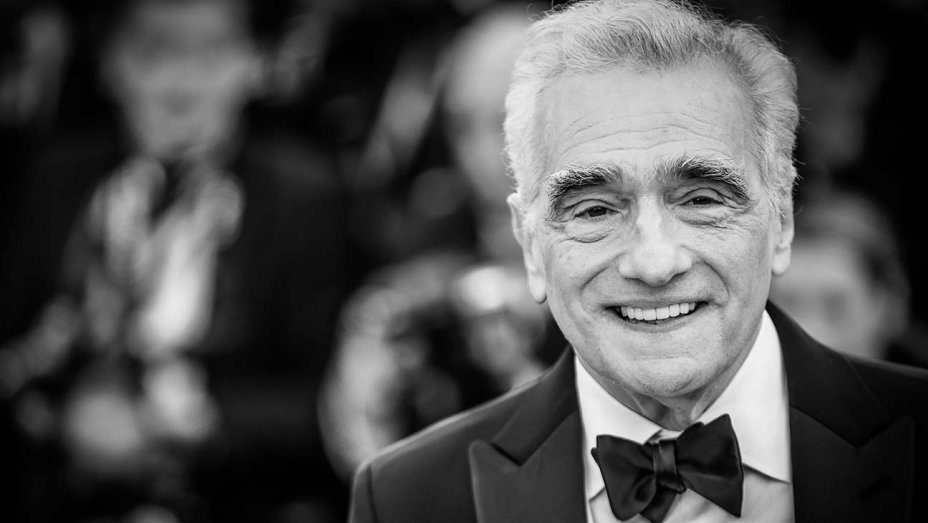The director wasn’t denigrating superhero films so much as stating the obvious, writes the NBA great and Hollywood Reporter columnist.
Director Martin Scorsese’s claim to Empire magazine that Marvel films aren’t “cinema” is like saying the novel Fifty Shades of Grey isn’t “literature.” He’s technically wrong — but he’s culturally right. And all the outraged defenders of Marvel films know he’s right. I include myself among Marvel’s defenders as both an enthusiastic fan and recent Marvel comics author. I’ve seen the entire Marvel Comic Universe pantheon multiple times. Guardians of the Galaxy and Thor: Ragnarok are two of the most addictive movies ever made. If I’m channel surfing and even catch a glimpse of them, I’m riveted. At the same time, several of Scorsese’s films (Taxi Driver, Goodfellas) are among my all-time favorites for their emotional power and thematic depth.
I’m aware that the international popularity of Marvel films makes them very influential in positively adjusting social attitudes about race, gender and sexual orientation. Every time I see Black Panther, I feel a rising swell of pride because we finally have a popular black superhero and he’s not just powerful, but also kind and compassionate. Captain Marvel, Black Widow and Wonder Woman (DC) are definite improvements from Barbie as role models for young girls. But influence, even for the betterment of society, isn’t the issue.
Scorsese wasn’t denigrating Marvel films so much as making a distinction between High Art (an accurate but cringe-worthy term) that we might see in a museum or featured on NPR, and regular everyday art that we might see on our T-shirts and tattoos. Scorsese is stating the obvious: Rembrandt’s The Storm on the Sea of Galilee is not on the same level as Coolidge’s Dogs Playing Poker, no matter how much those dogs make us smile. Nor will Peter Benchley’s novel Jaws ever match the magnificence of Herman Melville’s Moby-Dick, despite selling millions more copies. Captain America will never be James Baldwin. It’s an important distinction to make because wrapped up in our vision of High Art are the cultural ideals, moral values, and social vision that defines who we are and who we want to be. Our best art reflects our highest aspirations as well as our flawed approach in obtaining those aspirations. The angels of our reach, the devils of our grasp.
Read full article at hollywoodreporter.com

